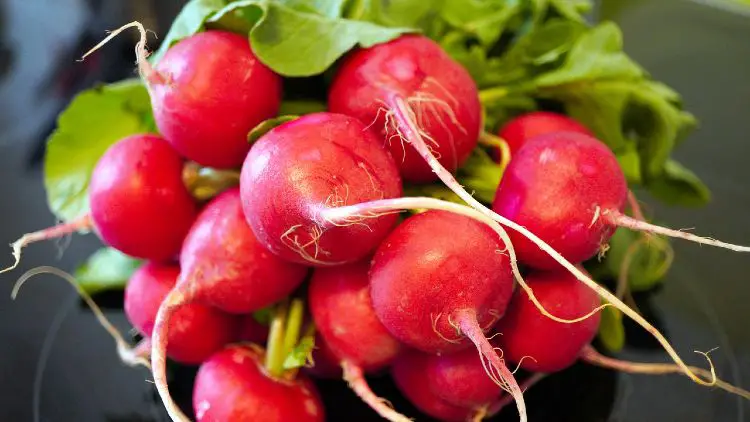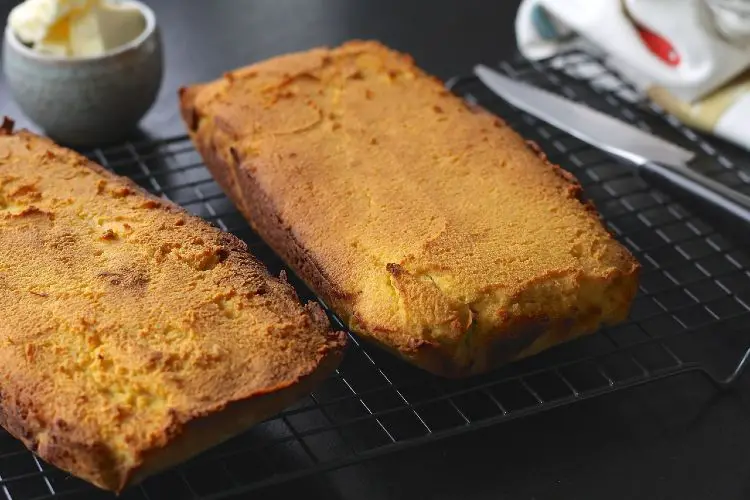The Summer Festival at Daylesford Organic Farm
The celebration of summer and gratitude for its bounty were at the core of the Daylesford Farm summer festival on 21st May this year. As thousands of visitors entered the first of the enclosures in front of the car park, giant crates of fresh summer strawberries had been laid out in the back of a delivery car, with straw bales, metal watering cans and wooden garden trugs lining the route along the stalls.
There were farm tours organised so that families could take their children through the woods, past the Evenlode river and the fields round Lower Oddington, to look at the last of the bluebells and wood sorrel and maybe even catch a glimpse of the roe deer that live there. Some went on a second tour to see the herds of heritage British Friesian cattle, the kingfishers and brown trouts, hoping to catch a glimpse of the otters.
Various stalls lined the walkway into the farm shop, including Laverstoke Park Farm mozzarella and ales, Crudges Cheeses and Simon Weaver organic dairy. Lily’s Kitchen organic petfoods were organising a dog show in one of the fields, and many had brought along a picnic and were sitting amongst the wildflowers watching their children riding tricycles in and out of straw bales.
In the farm shop itself the fruit and vegetable section was heaving with fresh produce from the farm, and the asparagus display was especially eye-catching. By the end of the afternoon it had all begun to disappear, so I made sure to shop early. Making my way through to the kitchen garden, I had a very interesting talk with Tanya Hawkes, who is a beekeeper and tutor at the farm school, as well as Director of Apples and Pears, a company specialising in natural bee remedies. She showed me her bees in a special glass demonstration panel and we tasted various honeys, the best of which, predictably, was the local one.
Past the sheep, pig, cow and chicken pens I made my way into the Farm Theatre Cookery School, where Vladimir Niza was showing visitors sitting on straw bales how he cooks asparagus. This was followed by a very interesting cookery demonstration by the food writer and author, Rose Prince. She took a couple of recipes from her latest cookbook, Kitchenella, and taught us all a myriad of helpful hints. Firstly we saw, from just flour, salt, water and oil, how she makes Carta da Musica, or notepaper bread.
Vladimir mixed the dough on the work bench and it was then refrigerated. He had prepared another dough earlier, and this was sliced into walnut sized pieces and rolled flat with the help of an Imperia pasta machine. The flat breads were then baked quite quickly in a very hot oven, and came out golden brown and very crispy.
In the meantime Rose made one of her favourite soups with garlic, passata, chickpeas, crushed coriander seeds, smoked paprika, olive oil and water. She used a potato masher to mash some of the chickpeas, a few squeezes of lemon juice were added and to decorate the soup Vladimir finely chopped some rather beautiful green tomatoes, after which finely chopped chives were scattered on top.
Rose talked about her solutions for the problems of feeding fussy children and the health benefits in cooked tomatoes that contain high levels of lycopene, a very powerful antioxidant.
I had a lunch of four different salads in the cafe: asparagus and spelt with pea shoots and mint; kidney beans, beetroot and mustard leaf, Caesar salad with sasso chicken and raw vegetables with cashew nuts and shilli, soy and ginger dressing.
In the next cookery demonstration the nutritionist Jane Clarke showed us a recipe inspired from her latest book, Nourish, which was a strawberry crumble with a crunchy crumbly topping which Vladimir cooked separately from the fruit, accompanied by a frozen raspberry yoghurt with fresh berries.
Her beautiful daughter Maya was taking photographs of Jane and Vladimir throughout the demonstration. Jane told us how very important it was for everyone’s health to eat more slowly, to sit down with our families and to take our time over the daily rituals of sourcing, preparing and enjoying food, so as to feel fully satiated and satisfied. Beta carotene, a very powerful antioxidant, is more easily absorbed by our bodies when cooked, so she advised us to cook fruit. Starches should be eaten at night, as they have a soporific effect on our brain. We should try not to be so obsessed with cleanliness as a few bacteria are actually very good for our systems, and pro-biotic bacteria are even thought to be helpful in the fight against some forms of cancer.
Jane runs a clinic in London to help people eat their way to better health, particularly helping cancer patients (www.janeclarke.com). She told us that we should focus on eating good quality dairy, and that in the EU there are no artificial hormones added to dairy products. Good sea or rock salt and fats could be eaten in moderation, they are very important components in making food taste good, and food that is tasty helps satiate us better. Above all the emphasis of Jane’s philosophy and teaching is on the enjoyment and pleasure of food, rather than denial and abstinence.
Upstairs in the Hay Barn I listened to an extremely inspirational talk by Satish Kumar, author of Earth Pilgrim, passionate environmentalist and founder and editor of Resurgence magazine, talking about the importance of soil, soul and society (see my separate article for this).
If you are lucky enough to get the chance to come to the Daylesford summer festival in 2012 I would very much encourage you to do so. The day is organised with such care, attention to detail and passion that you will be truly overwhelmed with the wealth of education, information and inspiration available to all, absolutely for free.
Of course, if you want to, you can lunch in the café, buy goods from the farm shop, garden shop, clothes barn and the spa shop, but that is not really the focus of the day. The point of the festival is to bring together many different artisanal skills and talents in one centre of excellence so that all people, from all ages and walks of life can reap the benefits of centuries old rural traditions, methods and knowledge in an exchange of ideas, views, recipes and contacts. There really is nothing quite like it in the world.
Contact Details
Daylesford Farm website: www.daylesfordorganic.com

